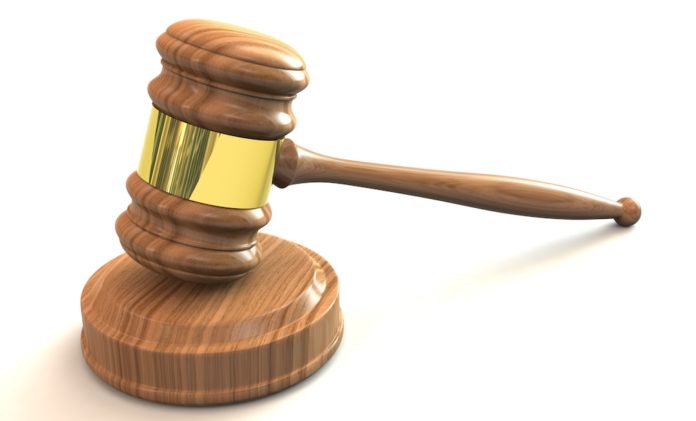A federal court ruled last week that New Hampshire’s classroom censorship law is unconstitutional. A broad coalition of educators and advocacy groups brought the challenge to the law, which actively discouraged public school teachers from teaching and talking about race, gender, sexual orientation, disability, and gender identity inside and outside the classroom. This is the first decision in the country striking down a classroom censorship law that applies to K through 12 public schools.
The court found that the law violated the Fourteenth Amendment, concluding the law was so unclear and vague that it failed to provide necessary guidance to educators about what they could and could not include in their courses and that it invited arbitrary and discriminatory enforcement—up to and including the loss of teaching licenses.
The court stated in its order that the “prohibitions against teaching banned concepts are unconstitutionally vague,” and that the law contains “viewpoint-based restrictions on speech that do not provide either fair warning to educators of what they prohibit or sufficient standards for law enforcement to prevent arbitrary and discriminatory enforcement.”
The court concluded further, “All told, the banned concepts speak only obliquely about the speech that they target and, in doing so, fail to provide teachers with much-needed clarity as to how the Amendments apply to the very topics that they were meant to address. This lack of clarity sows confusion and leaves significant gaps that can only be filled in by those charged with enforcing the Amendments, thereby inviting arbitrary enforcement.”
“Today’s decision affirms the essential work of New Hampshire public school teachers to ensure students develop the knowledge and critical thinking skills they need to be successful and contribute to their communities,” said Chris Erchull, attorney at GLBTQ Legal Advocates & Defenders.
We’re grateful the Court recognized that setting vague conditions on what educators can say about race, gender, gender identity, sexual orientation, and disability harms students with historically marginalized identities, including LGBTQ students. Now, teachers can do the work of planning lessons and guiding student discussions without fear of losing their license if someone raises a vaguely defined banned topic in the classroom. We’re better as a state and community when we can have hard conversations and learn from them, and that’s what this decision allows.”
— from a GLBTQ Legal Advocates & Defenders press release
Not a subscriber? Sign up today for a free subscription to Boston Spirit magazine, New England’s premier LGBT magazine. We will send you a copy of Boston Spirit 6 times per year and we never sell/rent our subscriber information. Click HERE to sign up!









